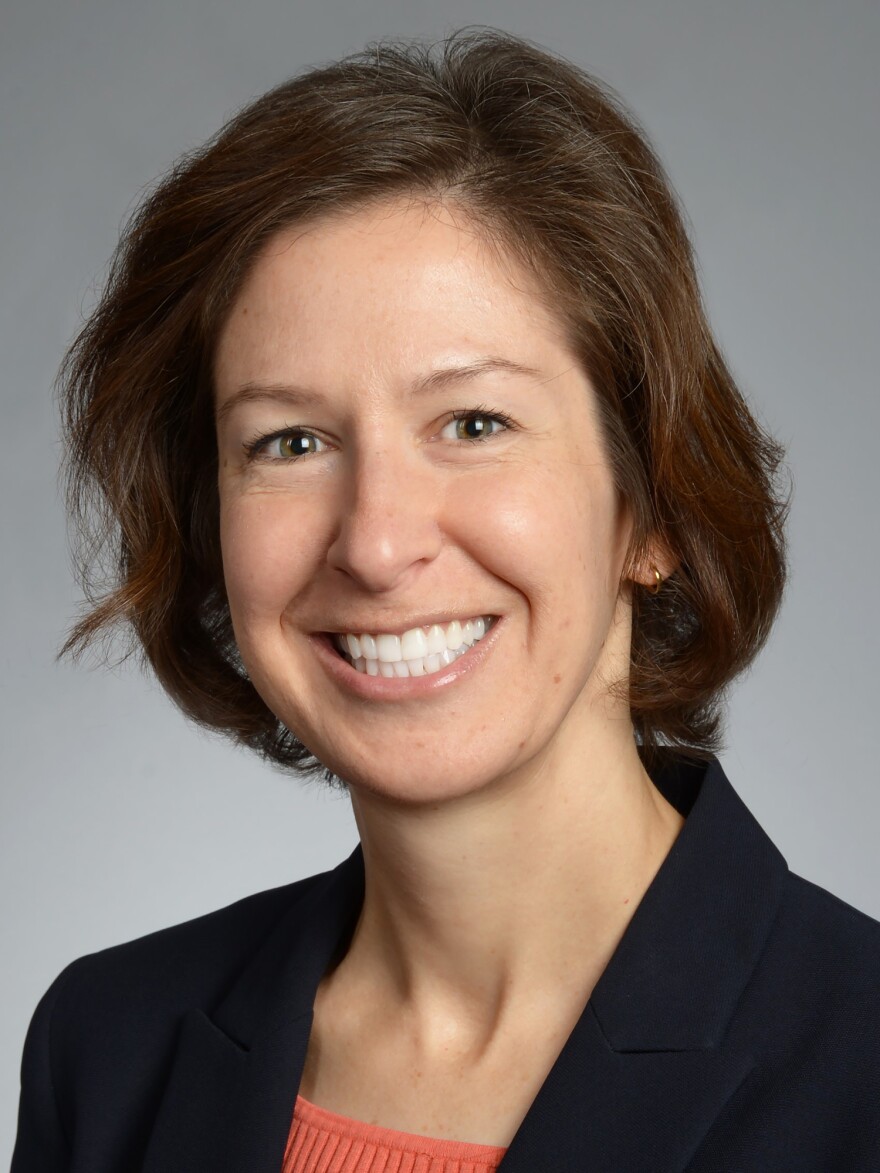Adverse childhood experiences, or ACEs, are events that happen in childhood and have been shown to have an impact on long-term health outcomes. Research has shown that educating healthcare professionals and social workers about ACEs can be beneficial, and the University of Missouri has received a three-year grant from the U.S. Department of Agriculture to do just that.
Julie Kapp is an associate professor at the MU College of Health Sciences, and the grant's primary investigator. She spoke about why it's important to educate providers about ACEs and how the grant will help implement trainings in key Missouri counties.
Julie Kapp: So adverse childhood experiences, you can think of them very simply as childhood traumas. They're traditionally defined as things like physical abuse, emotional abuse, sexual abuse, physical and emotional neglect.
But then there's also a household context - this is for people who are less than 18 years old. So things that happened to you in your childhood - that could be a household member with a serious mental illness, a household member who was incarcerated, a household member with a substance use disorder, something as common as parental separation or divorce.
And then there's a lot of conversation lately about expanding that definition to include other types of things that are potentially traumatic in childhood, such as bullying, racism, even a parent who is deployed in the military.
So they're actually very common, but they're largely unrecognized. About two thirds of the US population has at least one ACE. And the more ACEs you have, the more likely you are to have negative health outcomes as an adult.
Things like substance use and suicide, they're also major risk factors for leading causes of death like smoking, alcohol abuse, obesity, promiscuity.
And so one study - it's pretty dramatic - it showed that people with six or more ACEs died nearly 20 years earlier on average than those without ACEs.
So, the US Department of Agriculture is funding this study, and they have a rural health and safety education program, and they recognize people in rural communities are more likely than urban residents to die prematurely from leading causes of death, more likely to be uninsured and less likely to receive mental health treatment.
And there's also a great recognition nationally from our federal agencies about the intersection between ACES, suicide and overdose particularly in our rural communities.
And so what we're planning to do with this three-year grant is to help train providers. So, a large proportion of providers are unaware of the detrimental effects of ACEs, or at least how extensive it is, and this leaves a significant need for increased training. And really, they need better tools than prescriptions.
And so we're planning to take an already existing online training and implement that in five particular areas of Missouri. These counties are Dent, Washington, Crawford, St. Francis and Phelps, and we chose them because they're five rural Missouri counties, but they ranked worst in the state on all drug overdose mortality and 2021, just behind St. Louis City.
And so I think the more people are aware of ACEs and how impactful they are, throughout so many aspects of our lives, I think that will help address so many different areas of our society.




